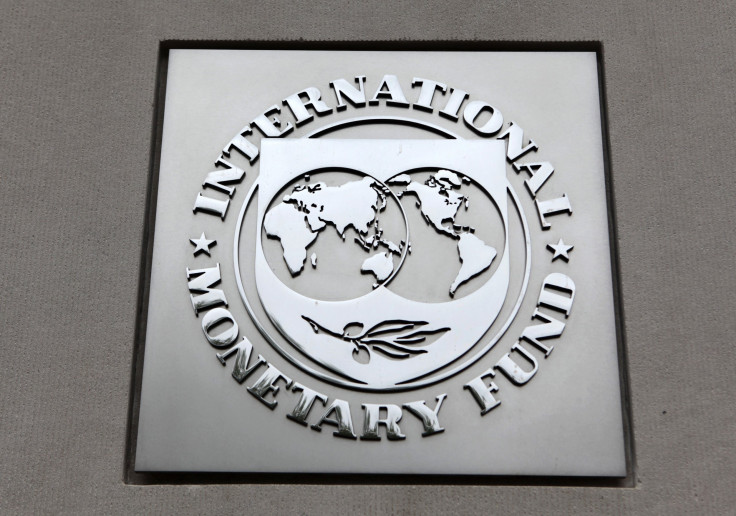Coronavirus Economic Impact: IMF Calls On Governments To Enact Policies To Slow Job Loss, Bankruptcies

KEY POINTS
- Coronavirus is expected to have a major economic impact on both the supply and demand sides of the global economy
- Governments need to target stimulus where it's needed most
- Banks need to keep liquidity in the system
The International Monetary Fund on Monday called on governments to implement “targeted” stimulus measures to keep the global economy from collapsing under pressure from the coronavirus outbreak.
“This health crisis will have a significant economic fallout, reflecting shocks to supply and demand different from past crises,” Gita Gopinath, IMF economic counsellor and director of research, said in a blog post as the global death toll from the disease hit 3,900.
“Substantial targeted policies are needed to support the economy through the epidemic, keeping intact the web of economic and financial relationships between workers and businesses, lenders and borrowers, and suppliers and end-users for activity to recover once the outbreak fades.”
Gopinath said the virus already has had an economic impact, triggering a dramatic decline in China’s manufacturing and service sectors, with the decline in services exceeding what happened at the start of the 2008 financial crisis. Demand for dry bulk stocks, like building materials, is equal to the most acute phase of the Great Recession, she said.
“Considering that the economic fallout reflects particularly acute shocks in specific sectors, policymakers will need to implement substantial targeted fiscal, monetary and financial market measures to help affected households and businesses,” she said.
Gopinath suggested “cash transfers, wage subsidies and tax relief, helping people to meet their needs and businesses to stay afloat” should banks decide to tighten credit. She noted Italy already has extended tax deadlines for companies in affected areas, and South Korea is providing wage subsidies for small merchants and raised allowances for homecare and job seekers. In addition, China temporarily waived Social Security contributions from businesses.
“Where paid sick and family leave is not among standard benefits, governments should consider funding it to allow unwell workers or their caregivers to stay home without fear of losing their jobs during the epidemic,” she said.
Gopinath urged banks not to tighten credit, especially for small- and midsize business. She said governments could back such loans to guarantee liquidity.
The comments came as world stock markets plunged and oil prices suffered their biggest drop since the state of the Gulf War in 1991.
© Copyright IBTimes 2025. All rights reserved.






















